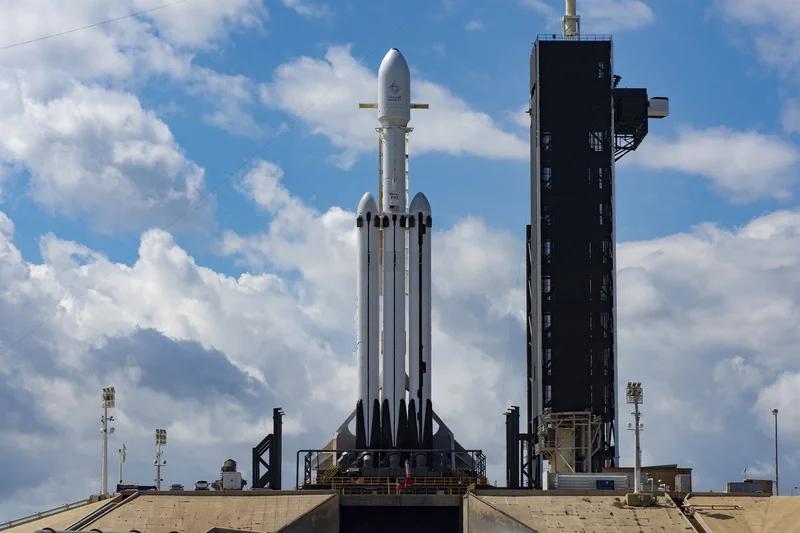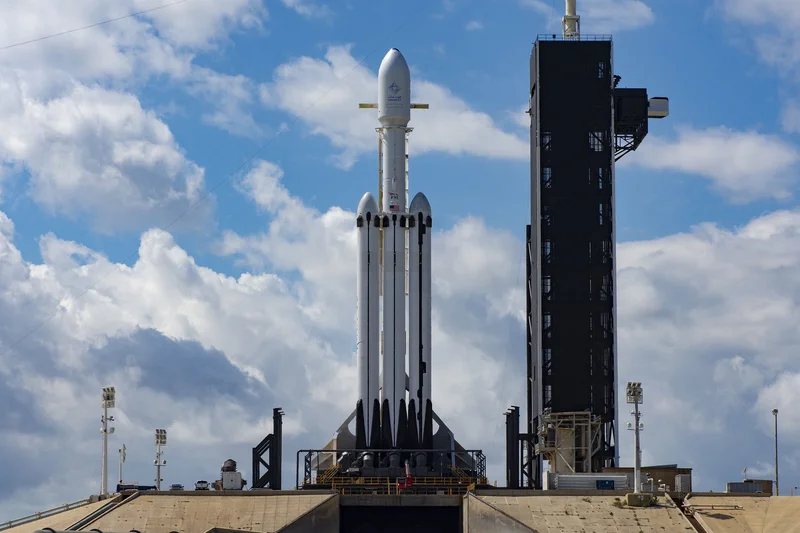SpaceX Launch Today: Falcon 9, Starship, and What We Know – What Reddit is Saying
The Ocean's Future, Launched on a Rocket of Hope
Friends, fellow dreamers, imagine a world where we not only understand our planet's oceans better than ever before but are also empowered to protect them with unprecedented precision. That future isn't some far-off fantasy; it's being built right now, piece by piece, launch by launch. And the recent Sentinel-6B mission, soaring into the night sky aboard a SpaceX Falcon 9, is a major leap forward!
I know, I know, another satellite launch might not sound like the most thrilling news. But trust me, this one is different. This isn’t just about gathering data; it's about weaving together decades of ocean observation into a single, unbroken thread of knowledge. Sentinel-6B is the next stitch in that thread, ensuring that over 30 years of critical data—from the TOPEX/Poseidon missions to the Jason series and now the Sentinel program—continues uninterrupted. Think of it like this: if our understanding of the oceans is a book, Sentinel-6B is making sure we don't lose any pages!
Why This Launch Matters More Than You Think
Here's the big idea: Sentinel-6B isn't just maintaining a record; it's refining it. The satellite carries a suite of cutting-edge instruments like the Poseidon-4 radar altimeter, which uses both conventional and synthetic aperture radar (SAR) techniques, and the Advanced Microwave Radiometer for Climate (AMR-C). And that POD package? Forget about it! The satellite's exact position in space is known, thanks to the Precise Orbit Determination (POD) package, a suite of instruments dedicated to measuring the parameters of its orbit. This allows for incredibly precise measurements of sea levels, wave heights, and ocean winds. Why does this matter? Because these measurements are vital for everything from protecting coastal infrastructure to improving weather forecasting and supporting commercial sea activities. In essence, it's about safeguarding our future on this planet.
And let's talk about the SpaceX factor. This launch wasn't just about getting a satellite into orbit; it was about doing it with a reusable Falcon 9 rocket. Sunday’s launch was the third flight for booster B1097.3. Seeing that booster return to Vandenberg’s Landing Zone 4 (LZ-4) for a successful touchdown on dry land never gets old! Each successful landing brings us closer to a future where space travel is more sustainable and accessible, and that’s a future I want to live in. The fact that Sentinel-6B was the third mission in the Jason/Sentinel-6 series to be lofted by a Falcon 9 shows how important this partnership is.

This launch occurred despite the FAA curfew restricting launches to between 10 p.m. and 6 a.m. local time. It's possible, though, for launch service providers to obtain exemptions from the FAA if needed, as happened with Blue Origin's recent launch of its New Glenn rocket from Florida. [Source Title]: FAA lifts ban on daytime rocket launches after government shutdown ends
Now, some might say, "Okay, Aris, that's great, but what does this really mean for me?" Well, imagine more accurate weather forecasts that give you ample warning to prepare for severe storms. Imagine coastal communities equipped with the data they need to build resilient infrastructure that can withstand rising sea levels. Imagine a world where we can better understand and mitigate the impacts of climate change on our oceans. Sentinel-6B is a critical tool in making all of that a reality. What this means for us is... but more importantly, what could it mean for you?
But with this increased knowledge comes increased responsibility. As we gain a deeper understanding of our planet, we must also commit to using that knowledge wisely. It's not enough to simply observe and measure; we must act to protect and preserve our oceans for future generations.
I've been following the comments online, and it's clear that I'm not the only one excited about this mission. As one user on Reddit put it, "This is the kind of thing that gives me hope for the future. We're actually using technology to solve real-world problems." I couldn't agree more. It's a reminder that innovation isn't just about creating the next shiny gadget; it's about harnessing our collective ingenuity to build a better world.
A New Era of Ocean Stewardship
When I first learned about the implications of Sentinel-6B, I honestly just sat back in my chair, speechless. It's the kind of breakthrough that reminds me why I got into this field in the first place. It's not just about the technology; it's about the potential to make a real difference in the world. And with Sentinel-6B, we're one step closer to a future where our oceans are healthier, more resilient, and better understood than ever before.
Related Articles
SpaceX Launch: Falcon 9 Blasts Off, What's Next for Starlink?
Okay, folks, let's talk about this latest SpaceX launch, Starlink 6-89, which took off from Kennedy...
